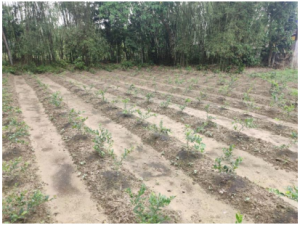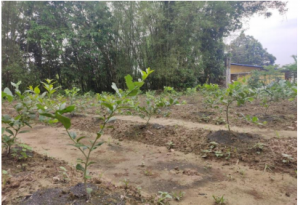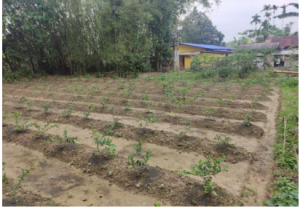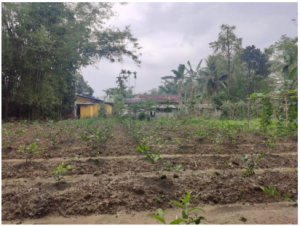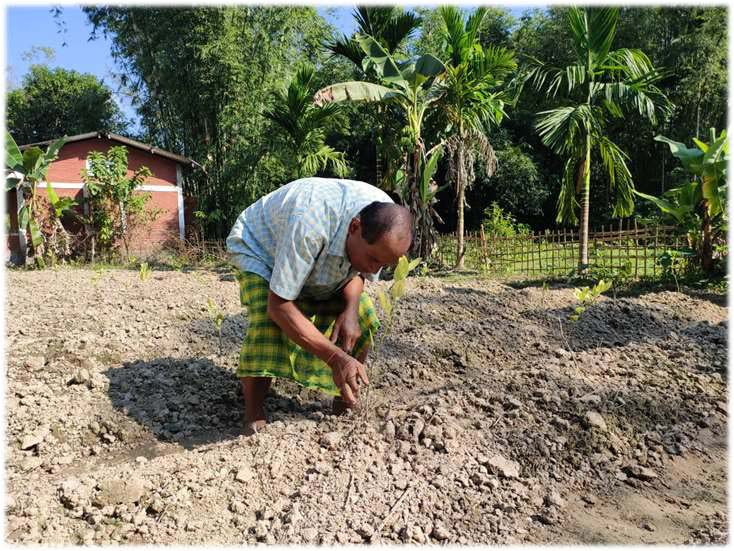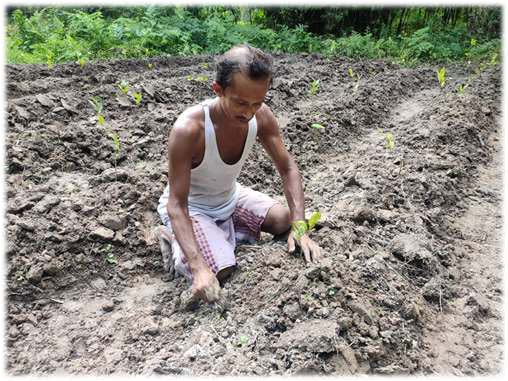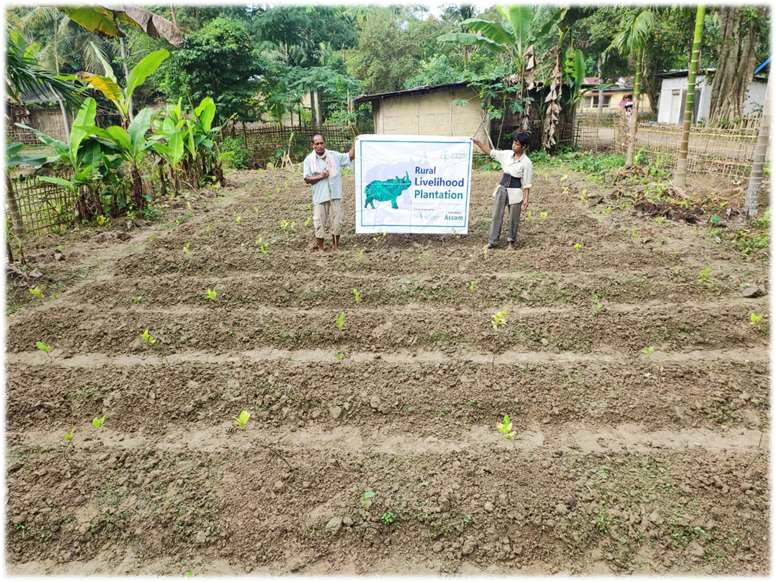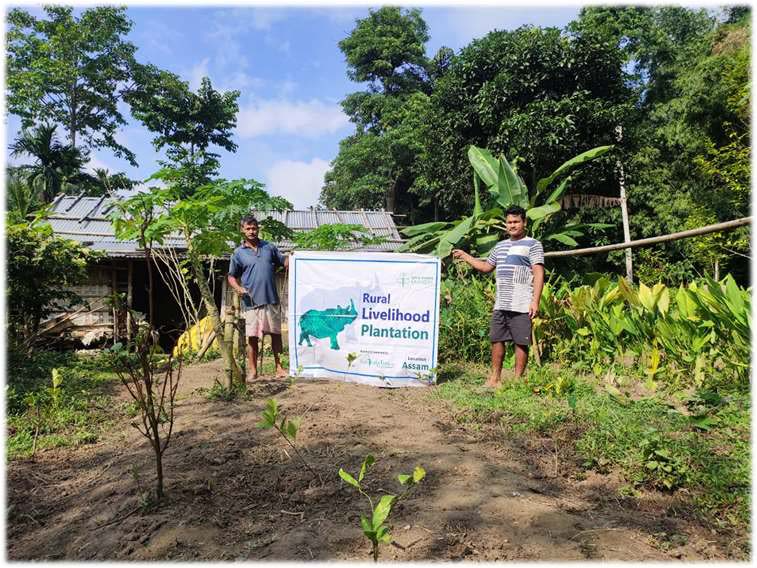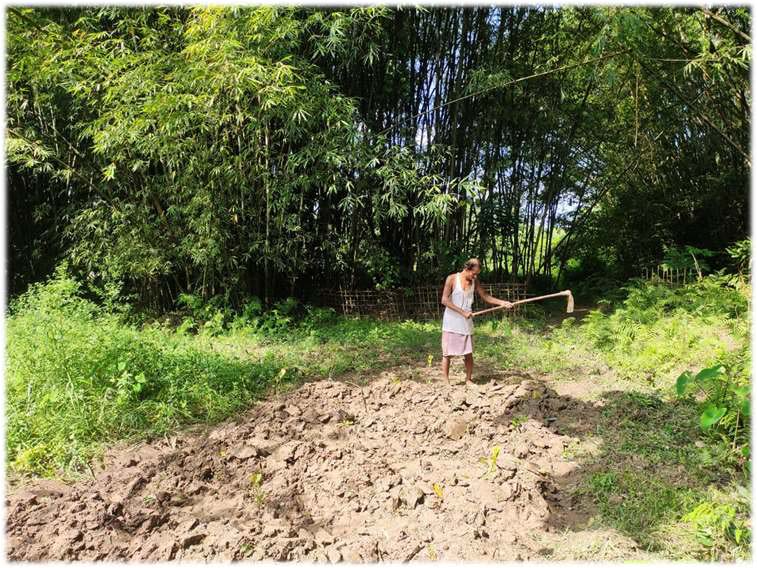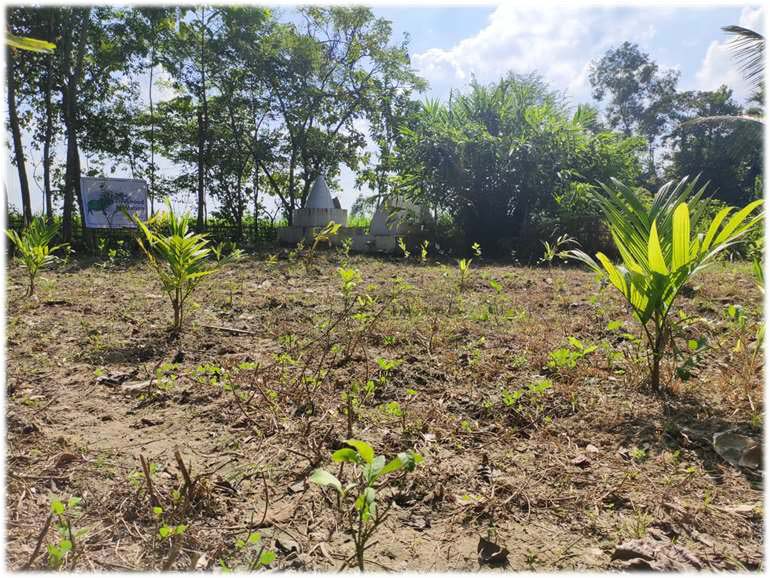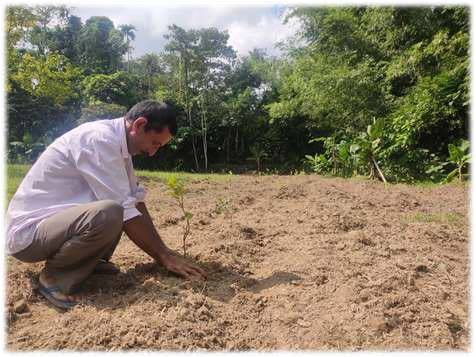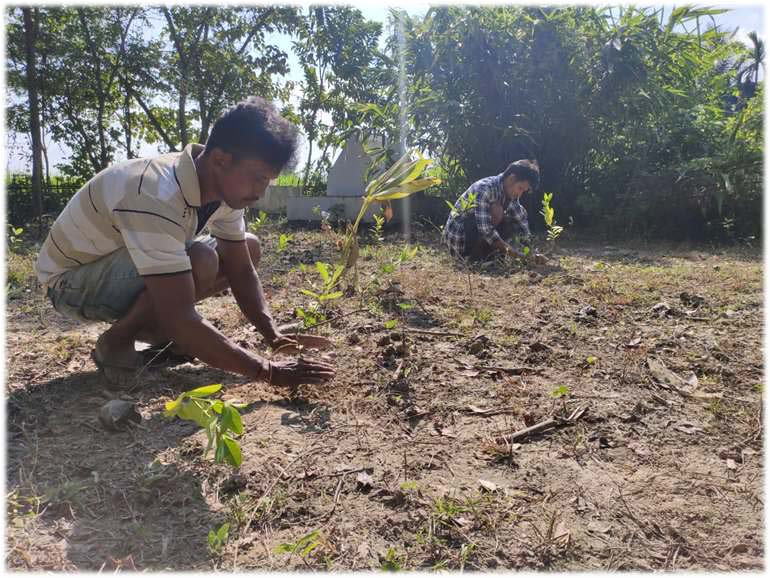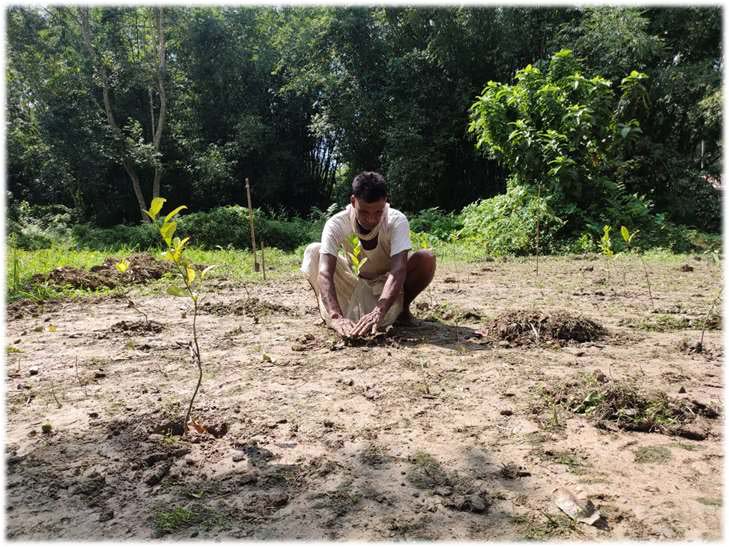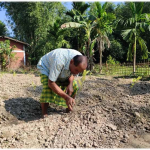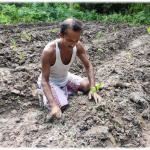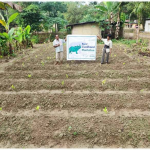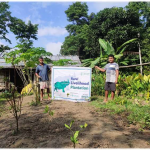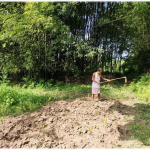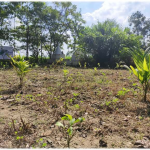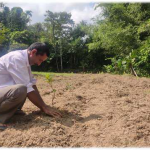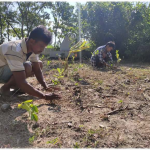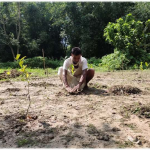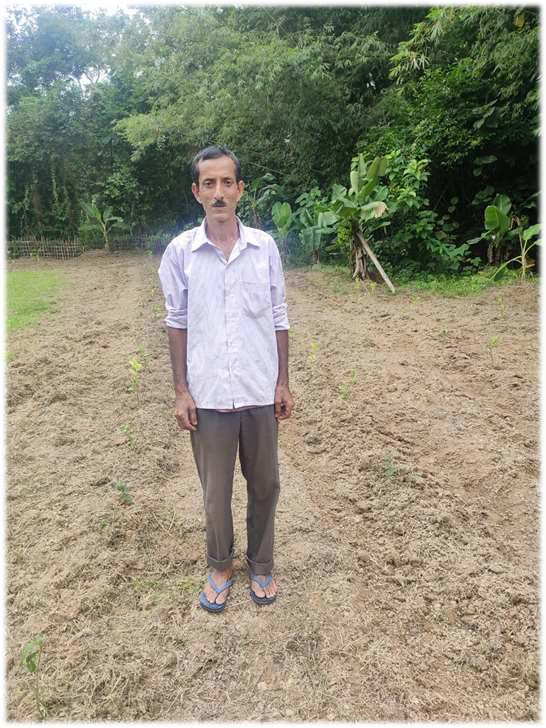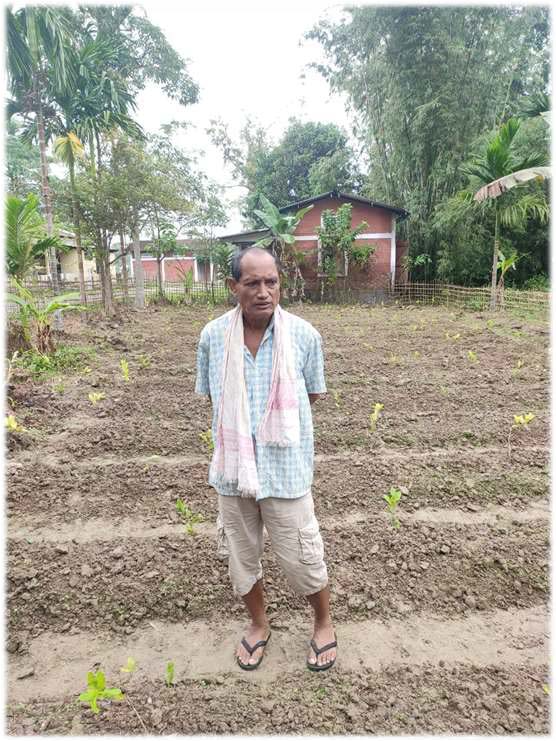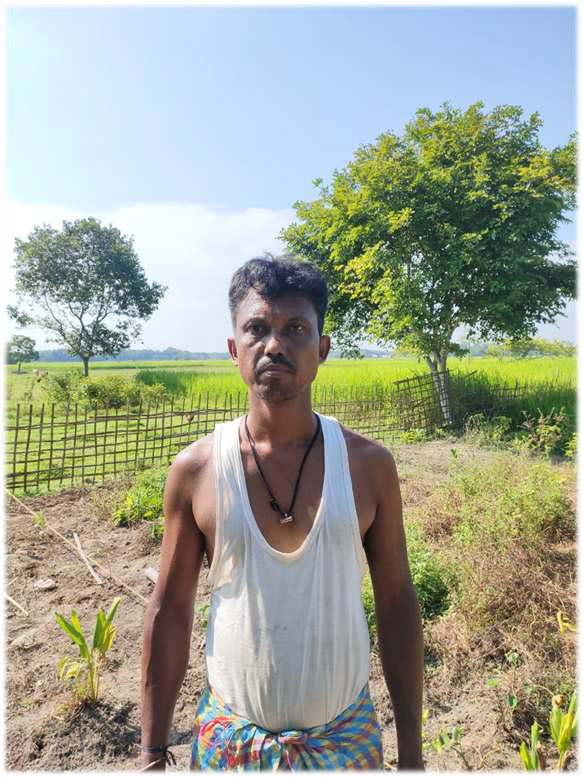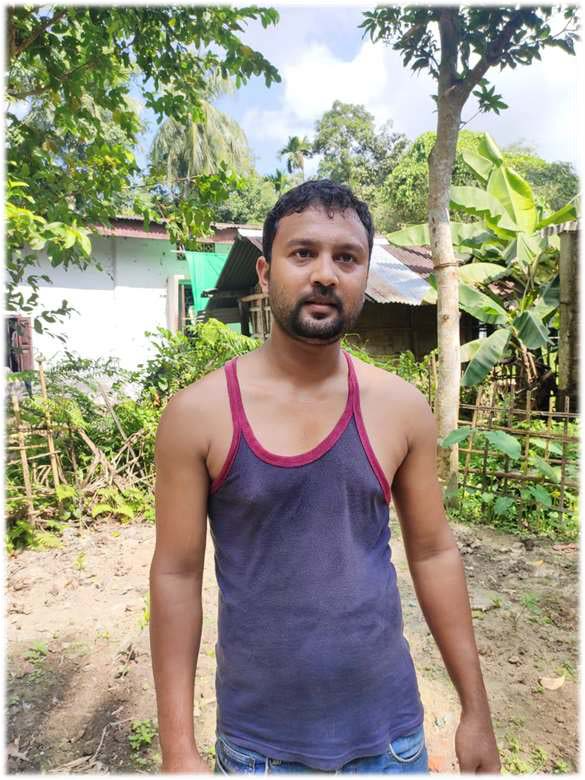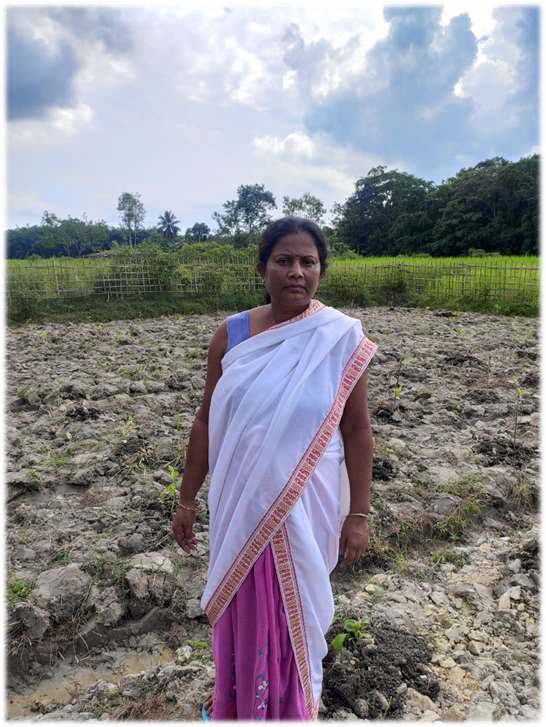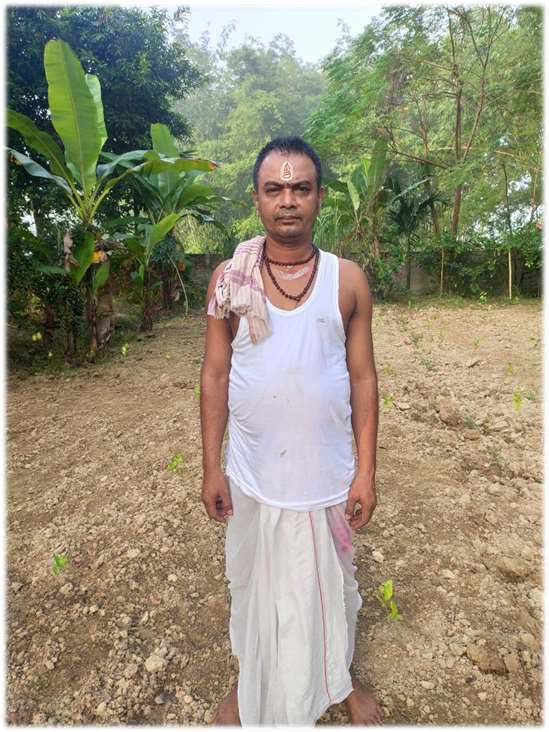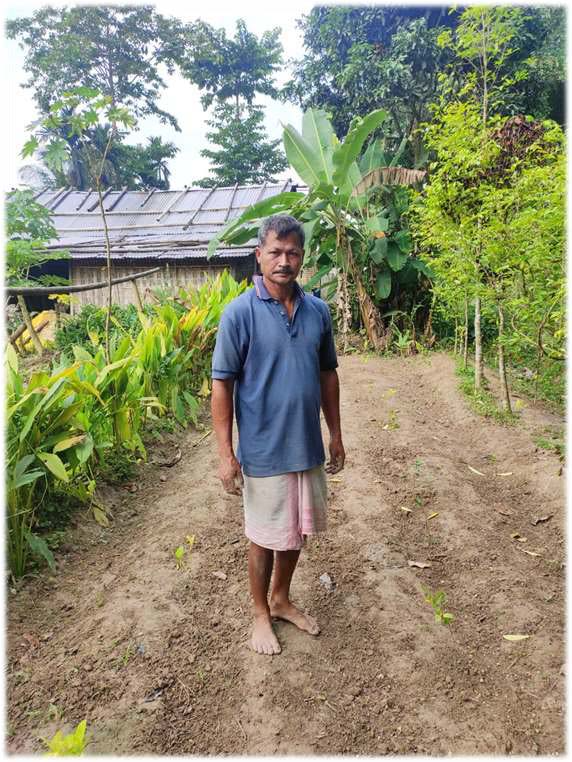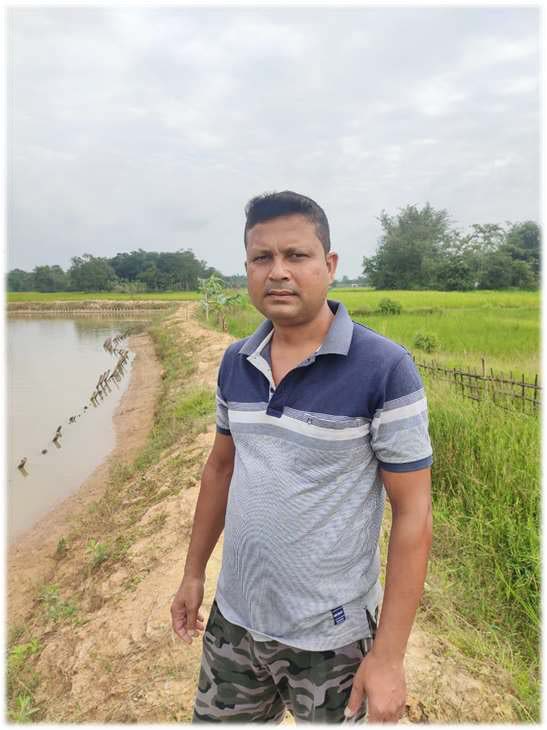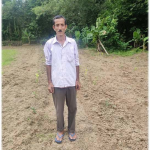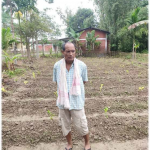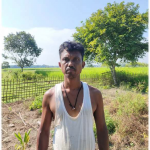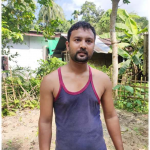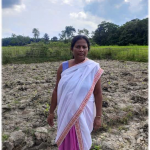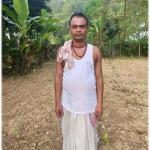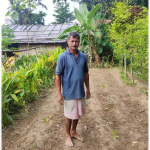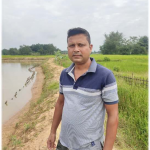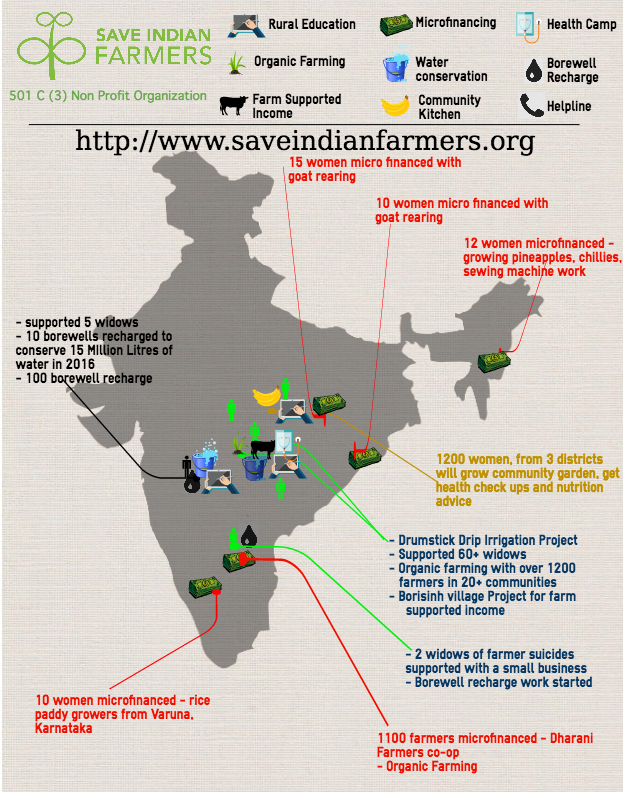Agroforestry in Assam – Phase 1
Region: Assam
SIF Partner: SankalpTaru Foundation (STF)
SIF is working on this Rural Livelihood Program with Sankalpa Taru. This project has been designed to improve the villagers’ livelihoods and provide a sustainable income for their families
- We identify regions of plantation where there are pressing agricultural and water issues, and by taking up plantation in those regions, take a step towards betterment of farmer community and reviving farm practices.
- The program is aimed to not just plant but create a wide socio-environmental impact – women empowerment, poverty alleviation, biodiversity promotion and greening of degraded land.
- Under this program, we will plant fruit bearing or medicinal trees on a marginalized farmer’s field, in identified regions of given states.
Problems faced by Farmers
- Traditional agriculture techniques
- Low income
- Low variety of vegetation hence difficulty to compete in market
- Heavy rainfall resulting in soil erosion
- Monkey menace -destroying crops
Based on a pilot study done by our partner Sankalpa Taru, seedless lemons plantation has helped the farmers and environment in the following ways:
- 100% survival rate
- 72000 kg produced every year
- 12000 kg carbon dioxide sequestered annually
- 3.5 million water absorbed per year
- 5000 kg of fruit produced per year
- INR 1,00,000 per year increase in farmer’s income
SIF Initiatives
Along with our partner Sankalpa Taru, we plan to plant 2100 seedless lemon tress in Assam to achieve following objectives:
- To meet the requirements of marginal farmers and supporting them with an additional source of income improving their economic condition. Also, empower women and uplift their economic and nutritional status by involving them in the tree plantation activities.
- It will help to involve the local community from the village and will provide work opportunities and financial assistance to the farmers in the region.
- Nutritional and economic status of the associated village farmer beneficiaries would be strengthened.
- The program also aims in the achievement of environmental sustainability by planting native species which increases the green cover of the region enhancing the growth of natural eco-system .
- It will help in restoring a whole landscape to meet present and future needs and offering multiple benefits and land uses over time.
Socio-environmental impact of our trees
- O2 to be produced in 20 years : 9,55,212.02 Kgs
- CO2 to be sequestered in 20 years: 4,98,371.49 Kgs
- Total increase inground water depth in 20 years: 14.33 feet
- Fruits produced per season :1,76,400 Kgs/season
- Economic Value for Farmers per season: Rs. 95,25,600 per season
Above calculations are made considering a single tree’s average lifespan to be of 20 years
Our Methodology and Monitoring plans
- Identification of Beneficiaries through On-ground survey.
- Procurement and transportation of saplings.
- Plantation of saplings on the field.
- Monitoring of the saplings for 2 years.
- Annual update report for 2 years is sent.
Our on-ground coordinators work very closely with farmer beneficiaries. Farmers are trained on horticultural and inter crop techniques which keeps them constantly motivated and incentivized. This approach leads in higher survival rate of trees and hence leads to a successful program. Our program team collates the on-ground progress reports and shares with funding sponsors. Program progress are also evaluated based on the key matrices. Our operations team also facilitates any visits which are requested by funding sponsors.
Our Progress so far
With the Rural Livelihood Support Program , a total of 2100 trees of seedless lemon species were planted in different villages of Karanga district in Jorhat, Assam. This will rejuvenate the farmers’ lands with strengthened groundwater levels, while mitigating their source of income. The campaign will certainly bring fruitful results in terms of creating carbon sink, empowering women and lending a helping hand for farmers and spreading greenery across India. With severe climate change being a major concern in India, our campaign acts as an asset for mitigating the crop failure which is leading to farmers’ suicides. Planting fruit-bearing trees, in turn, provides the farmers an alternate source of income, thereby improving their livelihoods.
With severe climate change being a major concern in India, our campaign acts as an asset for mitigating the crop failure which is leading to farmers’ suicides. Planting fruit-bearing trees, in turn, provides the farmers an alternate source of income, thereby improving their livelihoods.
Farmer Beneficiary Details
|
S.No |
Farmer’s Name | Name of Village |
Number of trees planted |
|
1. |
Mr. Rantu Sharma |
Village- Bamun gaon, Karanga, Jorhat, Assam |
210 |
|
2. |
Mr. Chow Jacky Chand Gogoi |
Village-Gandhiya Gaon, Karanga, Jorhat, Assam |
210 |
|
3. |
Mr. Biren Saikia |
Village-Gandhiya Gaon, Karanga, Jorhat, Assam |
205 |
|
4. |
Mr. Promud Kumar Bora |
Village- Haluwa Gaon, Karanga, Jorhat, Assam |
208 |
|
5. |
Mr. Debo Kumar Saikia |
Village- Katoni Gaon, Karanga, Jorhat, Assam |
211 |
|
6. |
Mr. Ajit Rajkhuwa |
Village- Saringia Gaon, Karanga, Jorhat, Assam |
299 |
|
7. |
Mr. Diganta Kumar Dutta |
Village- Bhakat Seoni Gaon, Karanga, Jorhat, Assam |
205 |
|
8. |
Mrs. Binu Bora |
Village- Katoni Gaon, Karanga, Jorhat, Assam |
211 |
|
9. |
Mr. Montu Saikia |
Village- Katoni Gaon, Karanga, Jorhat, Assam |
136 |
|
10. |
Mr. Siba Bora |
Village- Dhuwaphodiya Gaon, Karanga, Jorhat, Assam |
205 |
| Total |
2100 Trees |

